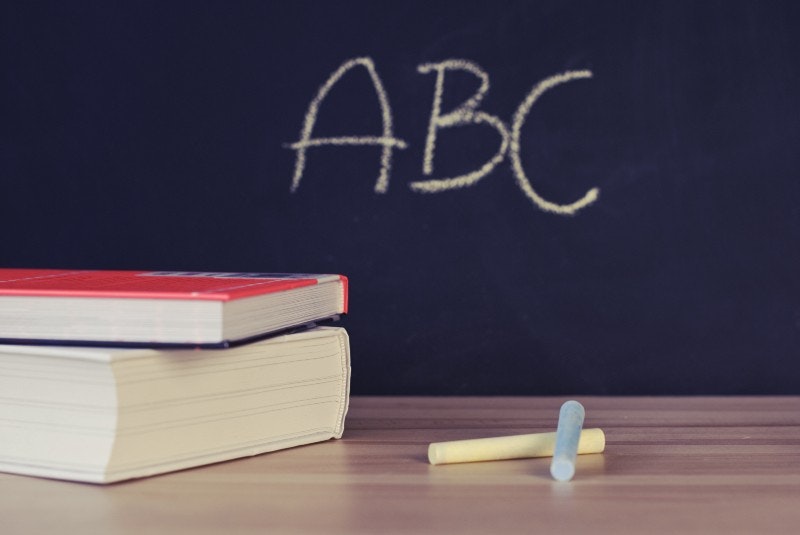
Jan 10, 2017
In 2015, students received over 550 million hours of tutoring in the United States. Spread evenly across the 55 million K-12 students in America, that’s 9.8 hours per student.
Of course, not all students are tutored. But shouldn’t they be? As class size increases and the teacher shortage continues to grow, classroom educators are being stretched to their limits. Individual attention is dropping, lowering outcomes for students whose needs stretch beyond the lecture format (read: all of them).
It’s an oft-repeated observation that individual attention improves student performance. Tutoring represents a superior learning experience over the classroom format but frequently comes at a cost that’s unattainable for many parents or school systems.
Then why is there such a stigma associated with tutoring among students, parents, and educators alike? Tutoring is seen simultaneously as a shameful crutch for under-performing students and an unfair advantage for affluent families. Students resist tutoring for a variety of reasons, and parents frequently avoid it because “my kid” doesn’t need it. Some school districts even go so far as to prohibit tutoring by employed teachers in a bid to level the playing field.
This is counter-productive. In short, if you or your child are pursuing an education, you can benefit from tutoring. It’s that simple. While still a luxury for many families, research unequivocally shows that individualized education has better outcomes for students than classroom education. As with all things, understanding how you and your your child might benefit is key when deciding whether to hire a tutor.
Support for different learning styles: Classroom learning is not for everyone. Whether a student has a learning disability, social anxiety, or strongly held subject or method preferences, 1:1 tutoring supports learning styles that often wouldn’t be as readily supported in a classroom setting.
Personalized Feedback: A major drawback of the classroom is the often slower speed and low personalization of feedback. Working with a tutor enables real-time correction and adaptation of lessons to the situation at hand. In addition to increasing the effectiveness of every lesson, better feedback also improves student confidence, leading to more questions and a general increase in motivation.
Curriculum Modification: Standards-based education is what it says it is on the tin: standard. For students with specific interests or career aspirations, tutoring provides depth of learning and the opportunity for subject mastery and enrichment beyond what is possible in a classroom.
Mentorship: Many of us remember our past educators who influenced us through individual attention. Tutors are more likely to be strong role models due to the sheer quantity of time spent with students, and students are more likely to soak up the intangible lessons of mentorship as a result.
And that’s just to name a few. Children with personalized learning opportunities also tend to develop better critical reasoning skills, have better reading comprehension, and manage their time better later in life. In short, tutoring is all benefit. If you’re thinking about it for your child, the results are in: tutoring is a good idea.
Are you a tutor? Learn about the many ways Clark can help streamline your tutoring business at HiClark.com.
